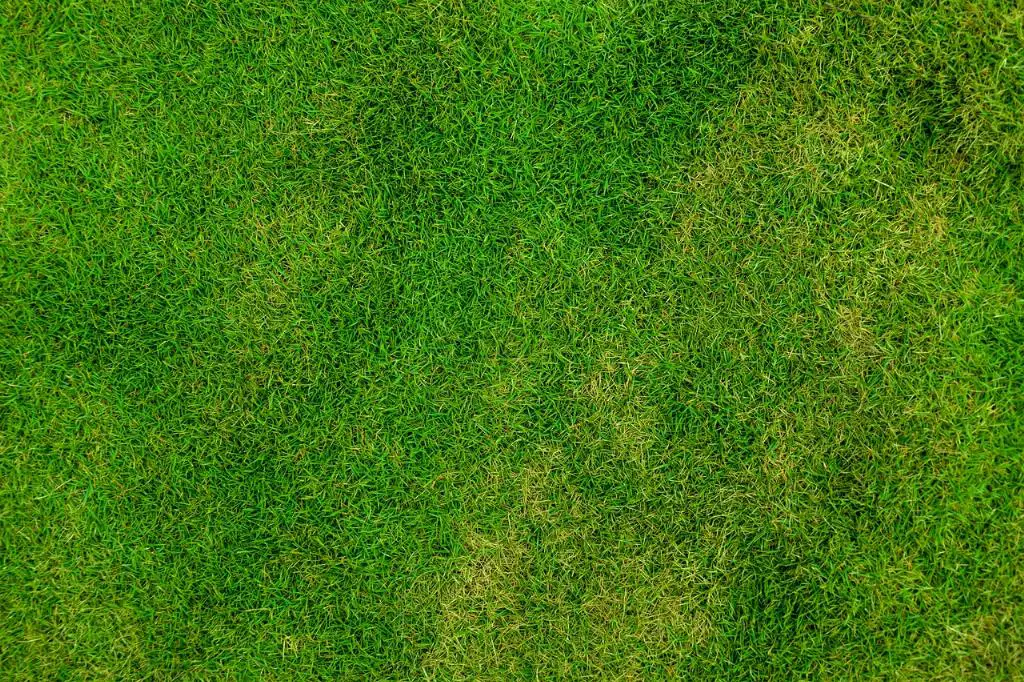When it comes to caring for your lawn, choosing the right fertilizer is crucial for promoting healthy growth and a lush green appearance. One common option available is the 13-13-13 fertilizer, which is designed to provide a balanced mix of nutrients for various plants, including lawns. In this article, we will explore whether 13-13-13 fertilizer is a suitable choice for your lawn care needs.
Nutrient Composition of 13-13-13 Fertilizer
The numbers 13-13-13 on the fertilizer label represent the ratio of nitrogen, phosphorus, and potassium, respectively. Nitrogen is essential for promoting leafy growth, phosphorus supports root development, and potassium helps with overall plant health and resilience. With an equal ratio of these three key nutrients, 13-13-13 fertilizer aims to provide a well-rounded approach to lawn nourishment.
Benefits of Using 13-13-13 Fertilizer
One of the advantages of using 13-13-13 fertilizer for your lawn is its balanced nutrient composition. This can help ensure that your grass receives the essential elements it needs to thrive, resulting in improved overall health and vitality. Additionally, the all-purpose nature of this fertilizer makes it suitable for various types of plants, offering versatility in your landscaping efforts.
Appropriate Uses for 13-13-13 Fertilizer
While 13-13-13 fertilizer can be beneficial for lawns, it is important to consider the specific needs of your grass and soil before application. This fertilizer may be particularly useful for promoting initial growth and establishing a strong root system in new lawns or when overseeding existing turf. It can also be effective in addressing nutrient deficiencies and enhancing overall color and thickness of the grass.
Considerations for Lawn Application
When applying 13-13-13 fertilizer to your lawn, it is essential to follow the recommended guidelines provided by the manufacturer. Proper application rates, timing, and method are crucial for achieving optimal results and avoiding potential issues such as nutrient imbalances or burning of the grass. It is advisable to conduct a soil test before fertilizing to determine the specific needs of your lawn.
Drawbacks of Using 13-13-13 Fertilizer
While 13-13-13 fertilizer offers a balanced approach to lawn nutrition, it may not be the best choice for all situations. Some drawbacks of this type of fertilizer include the potential for nutrient runoff, especially if applied in excess, as well as the limited customization options compared to specialized lawn products. Additionally, certain soil conditions or grass types may require different nutrient ratios for optimal growth.
Alternatives to Consider
If you are unsure whether 13-13-13 fertilizer is the right choice for your lawn, there are alternative options to explore. Specialty fertilizers formulated specifically for lawns, such as those with higher nitrogen content for rapid growth or slow-release formulas for long-lasting results, may better meet the unique needs of your grass. Consulting with a local garden center or landscaping professional can help you determine the most suitable fertilizer for your lawn.
Application Tips for Optimal Results
To ensure that your lawn receives the maximum benefits from 13-13-13 fertilizer, consider applying it during the appropriate season based on grass growth patterns and climate conditions in your area. Watering the lawn thoroughly after fertilization can help activate the nutrients and promote their absorption by the grass roots. Regular maintenance practices, such as mowing at the correct height and aerating the soil, can further enhance the effectiveness of the fertilizer.
Monitoring and Adjusting Fertilizer Use
As with any lawn care regimen, it is important to monitor the effects of fertilization on your grass and make adjustments as needed. Observing the lawn for signs of nutrient deficiencies or excesses, such as yellowing or burning of the grass, can indicate whether the current fertilizer choice is suitable. Periodic soil testing and reevaluation of your lawn’s condition can help you fine-tune your fertilization approach for long-term success.
Conclusion
In conclusion, 13-13-13 fertilizer can be a good option for promoting healthy growth and vitality in lawns, thanks to its balanced nutrient composition. By considering your lawn’s specific needs, following proper application guidelines, and monitoring the results, you can determine whether this fertilizer is a suitable choice for maintaining a vibrant and thriving grassy landscape.
Final Thoughts
When deciding on the best fertilizer for your lawn, it is essential to weigh the benefits and limitations of different products, including 13-13-13 fertilizer. By staying informed about the nutrient requirements of your grass, seeking expert advice when needed, and caring for your lawn with dedication, you can create an environment that supports lush, green turf and enhances the overall beauty of your outdoor space.

